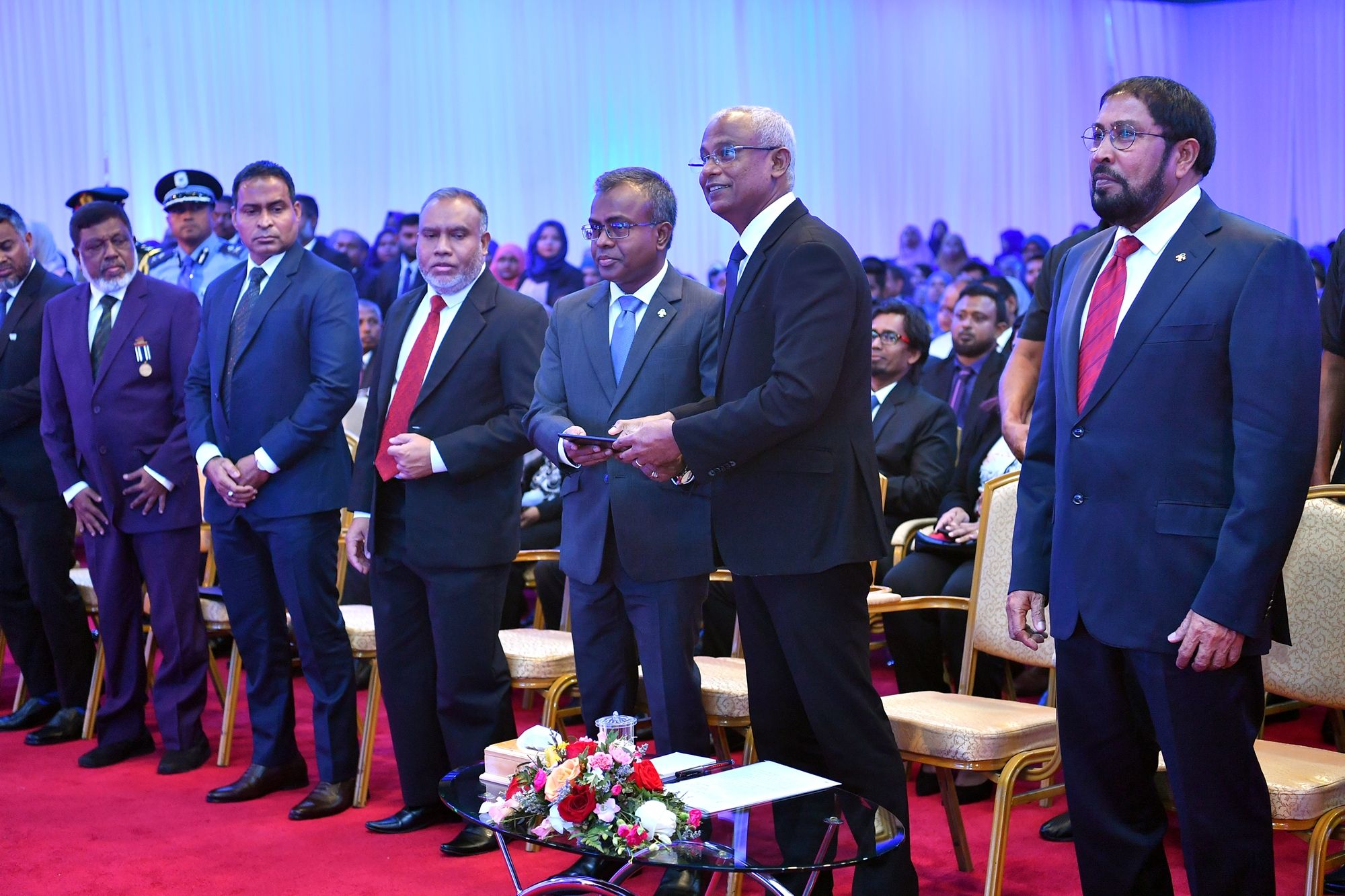Chief Justice slams MDP’s proposals for judicial reform
Chief Justice Didi conceded the need for judicial reform and decried political influence.

20 Feb 2019, 09:00
Chief Justice Dr Ahmed Abdulla Didi on Tuesday criticised the Maldivian Democratic Party’s plans to curtail the powers of the Supreme Court as part of sweeping changes for judicial reform.
Speaking at the opening of a two-day conference on judicial independence and reform, Didi characterised the MDP’s proposals as “efforts to render the Supreme Court of the Maldives powerless and rob it of its status as the highest authority of the judiciary in order to achieve a political purpose in the name reforming the judiciary.”
The MDP’s legislative agenda includes amending laws to remove powers exercised by the Supreme Court to appoint and transfer judges, suspend lawyers, and take over cases from lower courts.
But the chief justice argued the Supreme Court must have “supervisory jurisdiction” over lower courts.
Become a member
Get full access to our archive and personalise your experience.
Already a member?
Discussion
No comments yet. Be the first to share your thoughts!
No comments yet. Be the first to join the conversation!
Join the Conversation
Sign in to share your thoughts under an alias and take part in the discussion. Independent journalism thrives on open, respectful debate — your voice matters.




